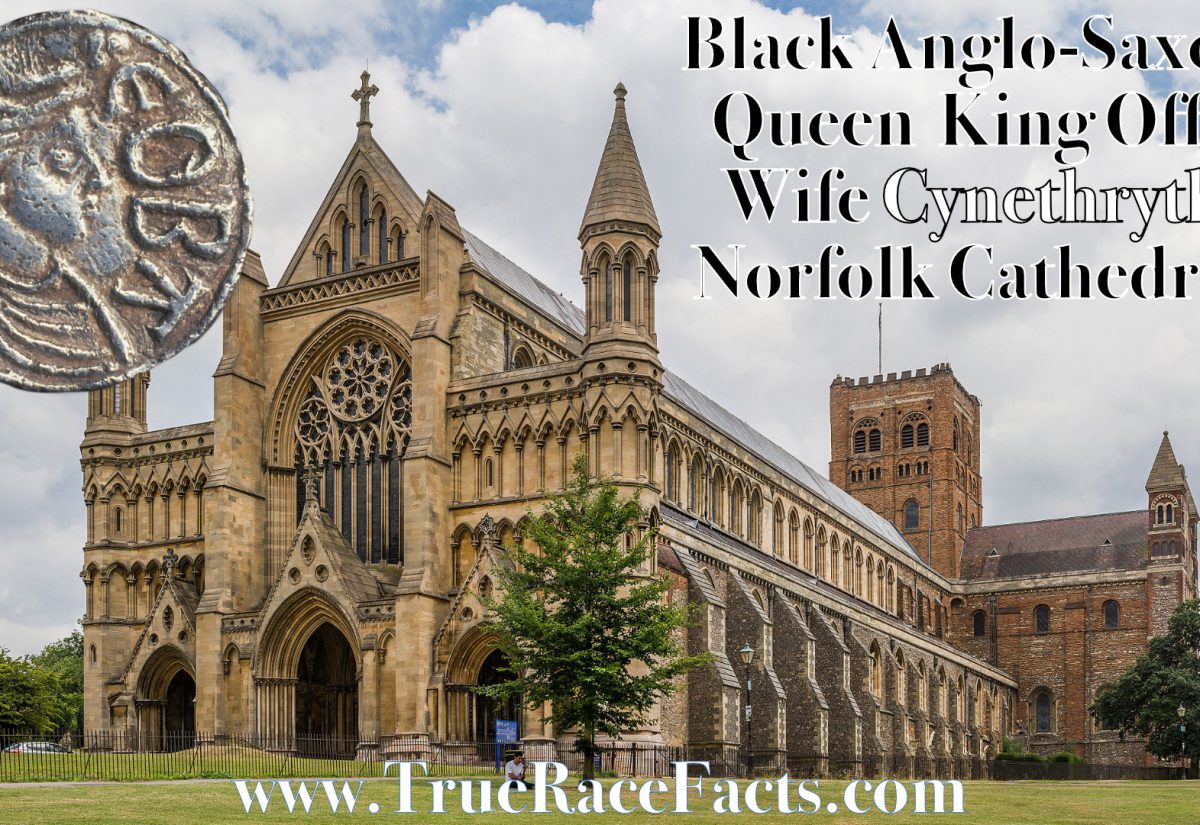William II (Rufus), named for his brown, reddish ruddy complexion, byname French Guillaume Le Roux, (born c. 1056—died August 2, 1100, Hampshire, England, son of William I the Conqueror, King of England from 1087 – 1100; he was also duke of Normandy (as William III) from 1096 – 1100. He prevented the dissolution of political ties between England and Normandy. His strong-armed rule earned him a reputation as a brutal, corrupt tyrant. Under feudal custom, William I bequeathed his inheritance, the Duchy of Normandy, to his eldest son, Robert II Curthose and England was given to Rufus.
Henry I (c. 1068 – 1 December 1135), also known as Henry Beauclerc, was King of England from 1100 until he died in 1135. Henry, the fourth son of William the Conqueror, was educated in liberal arts and Latin.
Stephen, also called Stephen Of Blois, (born c. 1097—died Oct. 25, 1154, Dover, Kent, Eng.), king of England from 1135 to 1154. He gained the throne by usurpation but failed to consolidate his power during the ensuing civil strife.
- Guinevere Jackson
- 31 July 2022
Æthelred was king of Mercia from 675 until 704. He was the son of Anglo-Saxon King Penda of Mercia and came to the throne in c. 675, when his brother, Wulfhere of Mercia, died from an unknown illness.
- Guinevere Jackson
- 31 July 2022
King Offa (died 29 July 796 AD) was King of Mercia, a kingdom of the Anglo-Saxons, England, from 757 until his death. The son of Prince Thingfrith and a descendant of Eowa, the noble line of Kings. Offa came to the throne after a civil war that led to the assassination of Æthelbald. Offa defeated the other claimant, King Beornred. In the early years of Offa’s rulership, he likely consolidated his control of the Midlands, taking advantage of the instability in Kent’s kingdom to establish himself as overlord.
- Guinevere Jackson
- 31 July 2022
Cynethryth is associated with her husband in charters and is said to have been a patron of Chertsey Abbey. When elevating Higbert's Bishopric of Lichfield to an Archbishopric, Pope Adrian I wrote to Offa and Cynethryth jointly.
- Guinevere Jackson
- 31 July 2022
Black Anglo-Saxon King Æthelberht, also called Saint Ethelbert the King (died 20 May 794 at Sutton Walls, Herefordshire), was an 8th-century saint and a king of East Anglia, the Anglo-Saxon English kingdom today now includes the English counties of Norfolk and Suffolk. Very few of the coins he issued have been discovered. The British Museum only shows one coin without his face.
Black English Anglo Saxon King Aethelwulf, also spelled Ethelwulf and Æthelwulf the father of King Alfred the Great. He was the King of Wessex from 839 to 858. In 825 his father, King Ecgberht. As ruler of the Saxons from 839 to 856, he allied his kingdom of Wessex with the kingdom of Mercia to empower the invasions by mighty Danish Vikings.
- Guinevere Jackson
- 1 August 2022
King Burgred, King of Mercia in 852c, may have been related to his predecessor King Beorhtwulf. Burgred married Princess Æthelswith, the daughter of Æthelwulf, King of the West Saxons. The marriage was celebrated at the royal villa of Chippenham in Wessex, England.
- Guinevere Jackson
- 1 August 2022
King Alfred, known as Alfred the Great (born 849—died 899, King of Wessex (871–99) in southwest England. He joined his brother King Ethelred I, in confronting a Danish Viking army in Mercia (868). Succeeding his older brother as King, Alfred fought the Danes in Wessex in 871 and again in 878,









